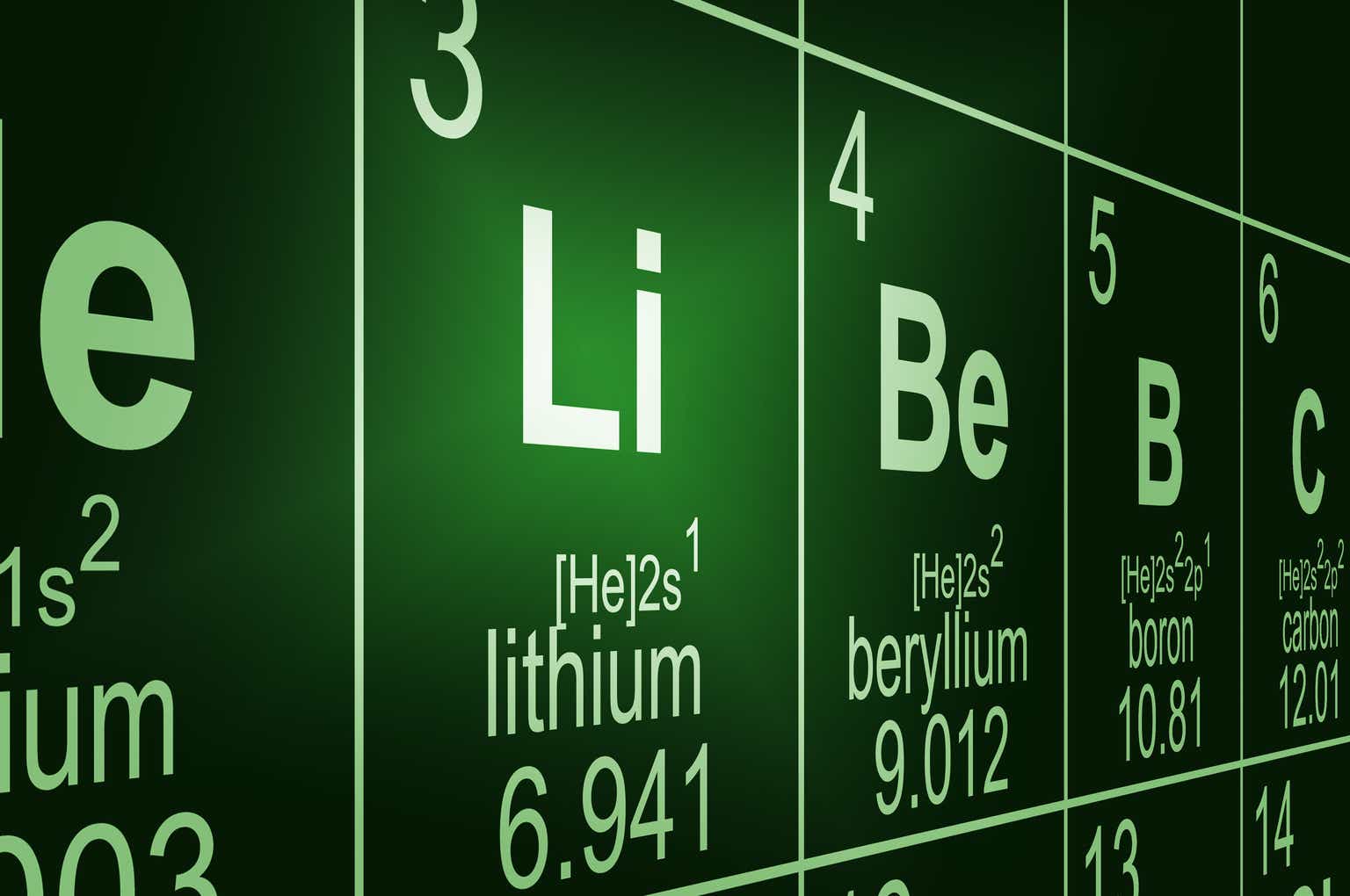UK Biobank research suggests two specific times for daily exercise to have maximum protective effect against bowel cancer; the fourth most common type of cancer in the UK
Scientists have identified the two best times of day to exercise to reduce cancer risk.
Research on 86,000 participants in the UK Biobank project looked at whether what time people did exercise had an impact on its protective effect.
It is well known that exercise and staying fit cuts our chances of developing tumours but the research team focused on how it affected our likelihood of getting bowel cancer. Also known as colorectal cancer, it is the fourth most common cancer in Britain with 44,000 people each year – or about 120 a day – being diagnosed.
The study saw volunteers aged 42 to 79 wear activity trackers and 529 cases of bowel cancer developed during a follow-up period of five years. The findings, published in the journal BMC Medicine, identified two daily peaks in activity, at about 8am and 6pm.
Researchers said they were “associated with reduced colorectal cancer risk beyond the benefits of overall physical activity”. This activity reduced the cancer risk by 11%. Lead investigator Prof Dr Michael Leitzmann, of the University of Regensburg in Germany, said: “By identifying specific times – early morning and late day – when physical activity is most beneficial, our findings open new avenues for targeted prevention strategies.”
Between the early 1990s and 2018, the number of adults aged 25 to 49 being diagnosed with bowel cancer increased by a fifth in the UK. TV presenter Dame Deborah James began writing about her bowel cancer diagnosis in 2018 and hosted BBC Radio 5 Live’s You. Me and The Big C podcast. Nicknamed “Bowel Babe”, she campaigned to raise the profile of bowel cancer checks right up to her death on 28 June 2022
Symptoms of bowel cancer include a persistent change in bowel habit such as going to the toilet more often, with looser stools and sometimes tummy pain. They also include blood in the stools without other symptoms such as piles, abdominal pain, and discomfort or bloating always brought on by eating.
It is thought early morning exercise starts the body clock for the day and is good for our circadian rhythm. Being active at similar times each day has been linked to less disruption to our circadian rhythm.
The new study used data from the UK Biobank which sees participants contribute their medical data as well as a host of scans and tests over decades. Its database is being used to unlock the secrets of human health.
Dr Helen Croker, the assistant director at the World Cancer Research Fund, which funded the study, explained: “These intriguing new findings offer potential for developing more specific recommendations, including patterns and timing of physical activity, for reducing cancer risk.”














